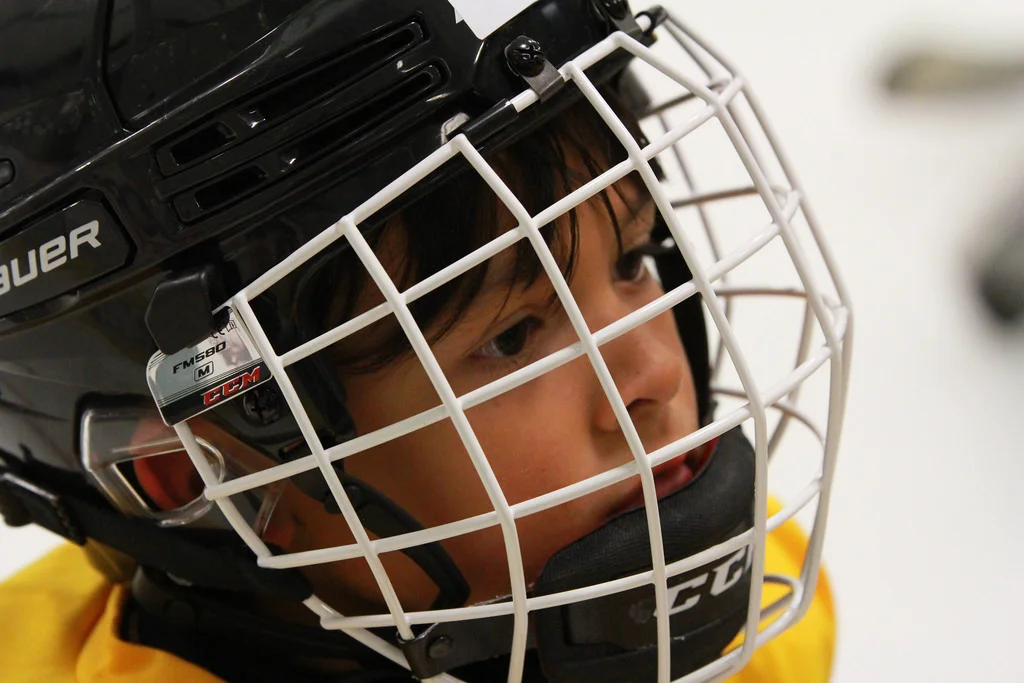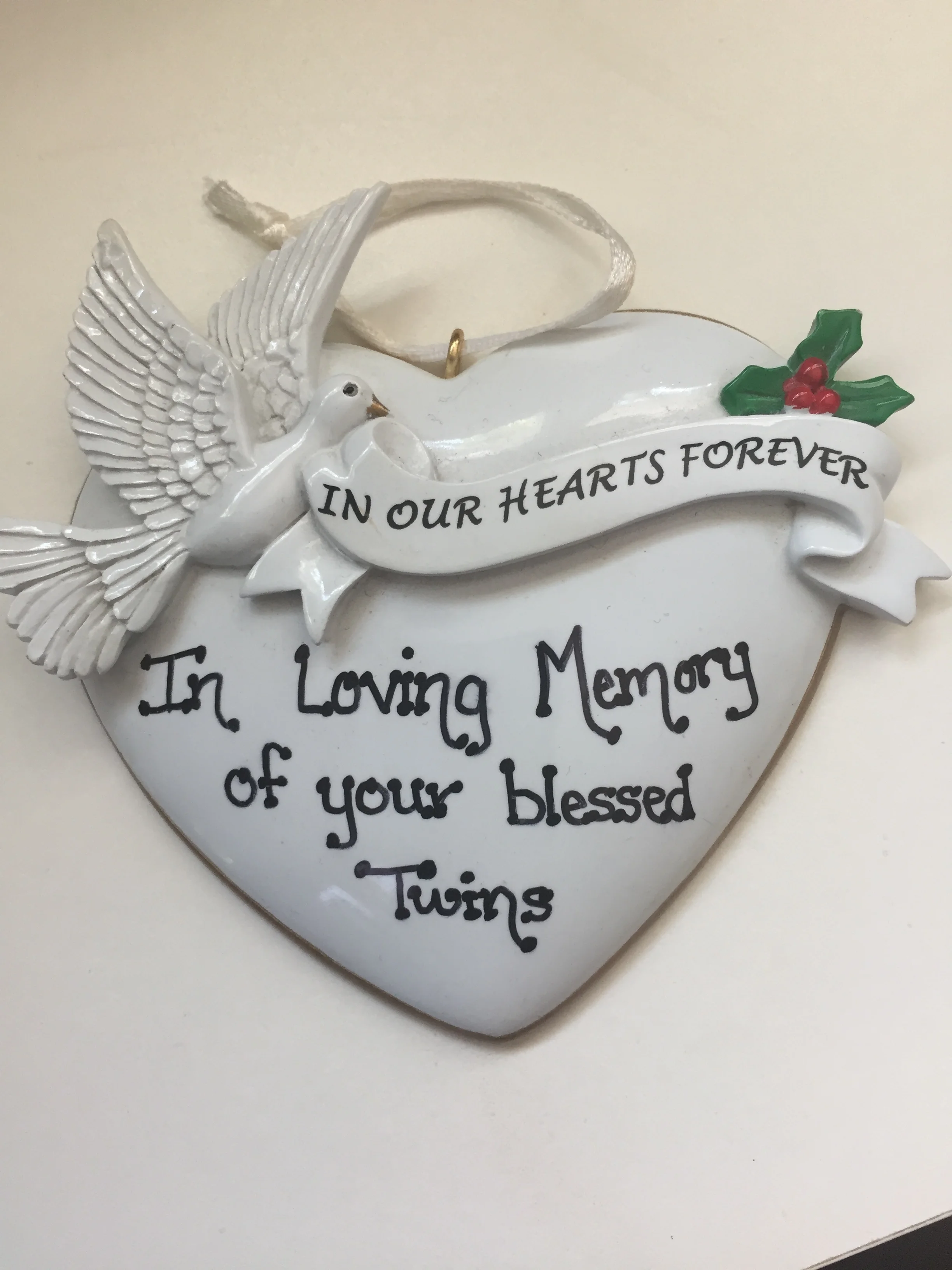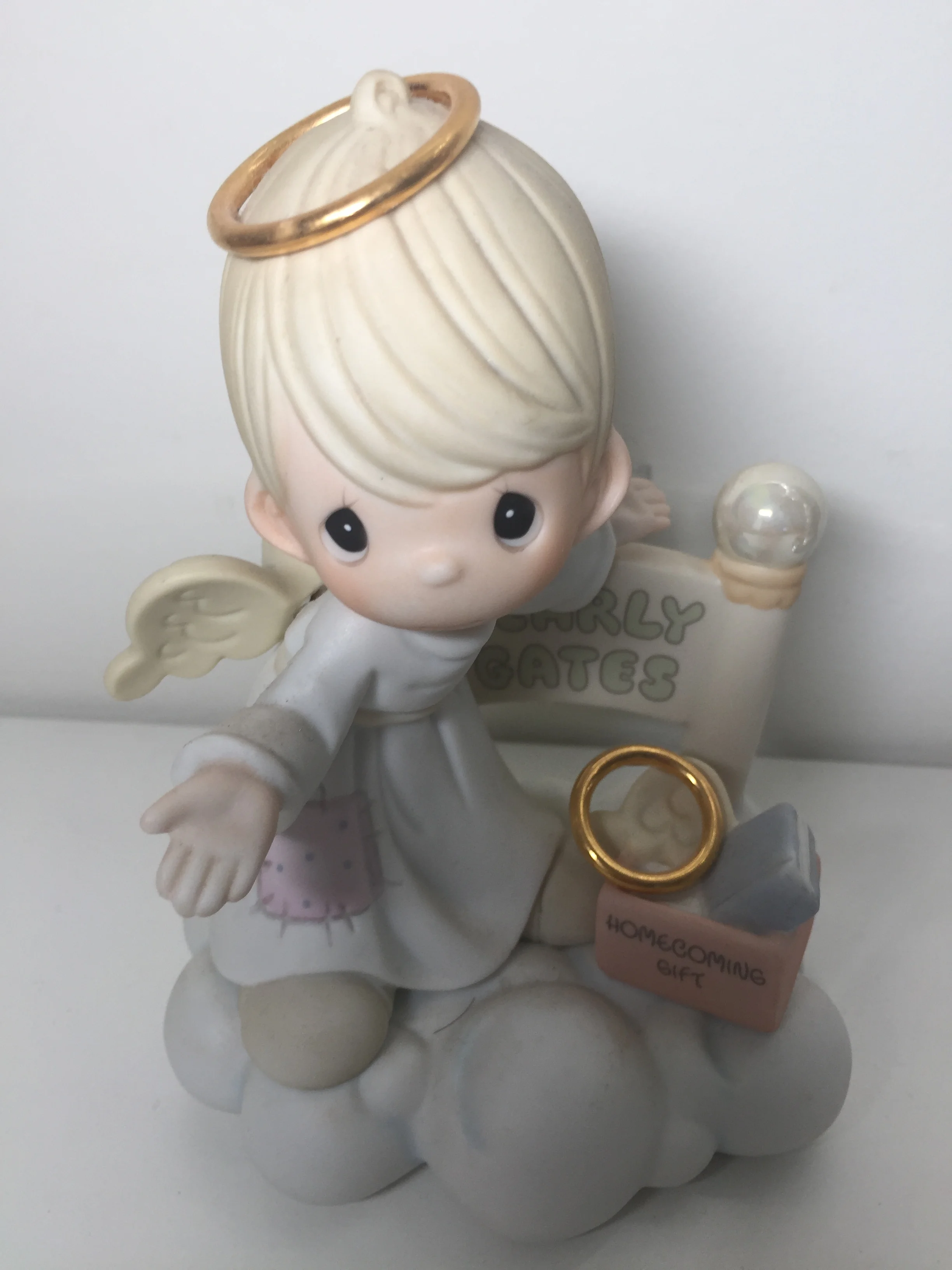Instagram Message: Head's up that Mon 10/16 is Pregnancy and Infant Loss Day. Thoughtfulpinch.com has some tips for those who console.
“Every baby chooses their parents. Babies have plenty to teach us so they choose us wisely. Some lessons are meant to be taught while they are on Earth and some babies go before us because they have other lessons in mind.”
In the past I would write something similar to this in the cards that I would give to friends or family suffering from a miscarriage. After reading a newsletter* that included quotes from Amy Florian, a Thantatologist, I learned that I’m not helping at all by writing any of that. It’s as if I’m trying to use theology to comfort a person who’s belief system is too fragile. Amy Florian gives such profound information from the viewpoint of the person who is suffering the loss of a loved one. Some common phrases that many of us use during times of loss are:
“I’m sorry.” - This phrase is very common and I couldn’t imagine NOT saying this phrase. Florian says it’s a conversation stopper and gets tiring to hear because there’s nothing to say after that except “thank you”.
“I can’t imagine what you’re going thru.” - Florian says when we say this what we really mean is: “I don’t want to imagine what you’re going thru.”
“They’re in a better place. There’s no more suffering.” - I agree with Florian. She thinks the one who is missing the loved one needs the comforting not the person who passed away. Besides, I’m selfish - I do want them here with me on Earth even if they are suffering because I can’t imagine my life without them in it.
Passing tissue to someone who is crying. - Florian says in therapy they nicknamed the tissue box the “shut up” box. Passing tissue to a crying person makes them feel like you are uncomfortable because they are getting out of control. If the sad person wants tissue - they will ask for it. Offering tissue before they ask sends the wrong signal: they think its time for them to settle down and stop crying.
Many of us already walk on egg shells when it comes to figuring out appropriate things to say about death and grief to someone we care about. So when articles like this come along, it makes us feel like schmucks for saying these common phrases or offering our help. No wonder there are so many people who won’t say ANYTHING at all!
However, I come from the camp which believes that when you want to comfort a friend or family member, saying dumb things, sticking your foot in your mouth or risking to say the worst thing ever, is so much better than NOT saying anything at all. Sadly, many of us know at least one friend or loved one who has lost a baby during pregnancy or as an infant either by miscarriage, stillbirth, SIDS or death of a newborn. I don’t think the number of infant fatalities have significantly gone up. Rather, I think women decades ago, after losing an infant, would suffer in private. Almost hiding it from others as if the death was their fault. Nowadays there is more awareness of pregnancy and infant deaths because lots of people share their stories in hopes of helping others cope with this special loss. According to nationaldaycalendar.com, the Pregnancy and Infant Loss Awareness movement began under the presidency of Ronald Regan on October 25,1988 and on September 28, 2006 - the movement passed in the House of Representatives. In the US, Canada, UK, Western Australia, New South Wales and Italy people host remembrance ceremonies and candle-lighting vigils to honor Pregnancy and Infant Loss Day on October 15th every year. In honor of this day three of my friends shared stories about what got them thru their time of loss.
A common message that all three friends shared with me in their miscarriage stories was that everyone deals with death differently. There is no right or wrong way to grieve. A loss of a baby at 7 weeks or 22 weeks or 32 weeks, no matter how many weeks, is still a loss. There is a wide range of grief and how people cope with loss. Some parents choose to name the baby and have a ceremony or burial and some parents would rather not talk about it very much. One friend shared that she may not have been ceremonial about her loss but she was very honest about her grief and didn’t keep it bottled up.
One of the three friends said that hearing, “I know how you feel” from someone who had also suffered a miscarriage was not helpful because it isn’t the right time for them to share their story. Instead, she wished she was given space to feel bad only for her loss and not their loss too. She was not a fan of anyone trying to fix or heal her. She didn’t need answers, books or resources. Her primary need was to be in our thoughts. A hug with an “I’m sorry” was the simple, “less is more” approach that she craved. Proving once again that grief differs. Notice how this friend welcomes the phrase, “I’m sorry.”
A couple friends thought that trying to get pregnant again helped them move on from the loss. One friend said that focusing on IVF helped in healing because her approach to life has always been to take action. In other words, she prefers the “I’ve tried everything” angle before coming to any conclusions. She had lost her baby late in her pregnancy and credits her pre-existing self-care framework for getting her thru the rough times. She kept up her acupuncture and exercise routines plus continued on with her established practices of being mindful and grateful. Her support system was built in and helped her through the ups and downs of her loss. Something she wasn’t a fan of was the lack of acknowledgement from one of her friends.
All three friends gave credit to their husbands for supporting them through the loss. One friend cherished the prayer chains started by her husband and her mother. She also remembers waking up to a hospital room filled with flowers. She felt that the flowers were helpful because their beauty represented life. This friend didn’t know she was pregnant with twins until they lost both babies. She was not a fan of her doctor who also didn’t know she was pregnant with twins. Her sister in law (who had delivered a still born) gave her a beautiful ornament and she also has a precious moment statue. She keeps both thoughtful pinches in a place where she can see them every day.
More Amy Florian tidbits which I consider thoughtful pinches:
1. Bringing food is comforting but it would be better appreciated on special days - like the death anniversary, the “due date “ or the birthdate if the birth occurred.
2. Spend time with those left behind on these special anniversary dates etc. Most people do not want to be alone on these dates.
3. Acknowledge the person (baby) who passed away, let them know you haven’t forgotten them. Most want their loved ones to be remembered.
4. Instead of asking how are you? Ask if today is an up day or down day. With that said, it’s not your job to make it an up day. Just be there for them either way.
It takes a lot of courage for my friends to share their stories with me so that I can share them with you. It takes thoughtfulness on your part to receive these stories about how others grieve. And it takes awareness to learn how certain common phrases can mean something totally different to the person on the receiving end. Even if you haven’t experienced this type of loss, chances are you will know someone who will or who has. Please try to remember on October 15th to check in on someone you know who has lost their baby. Let them know you’re thinking of them.
I’m going to use a version of Amy Florian’s lines when I write my condolence cards now that I won’t be writing that other stuff anymore. She said something like: You still have a future, it’s just going to be different than you pictured it. Joy is still possible because you will get thru this.
Pinches,
Barb
*ICS Newsletter - 8/2/2017 - Tom Gartner



